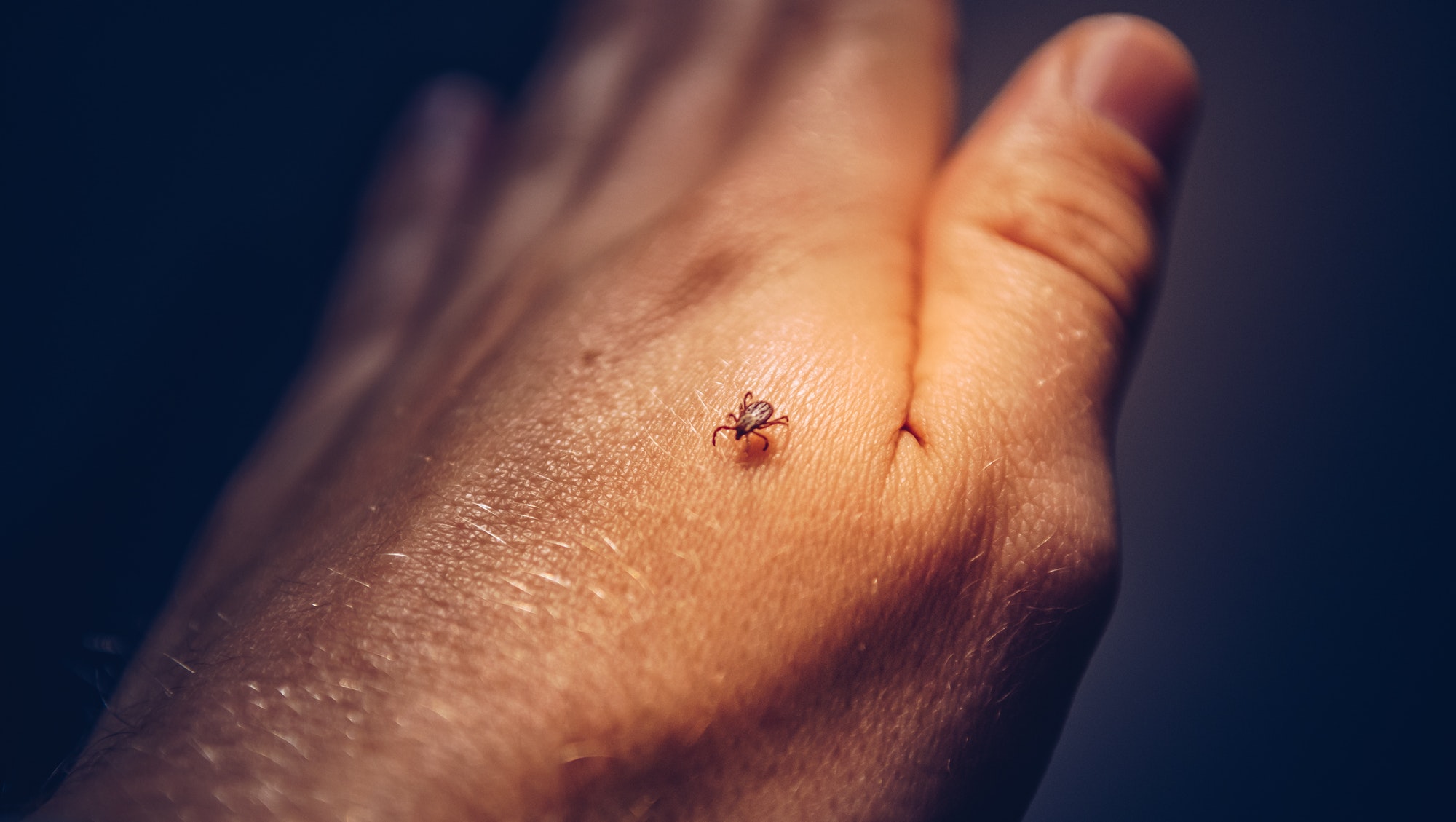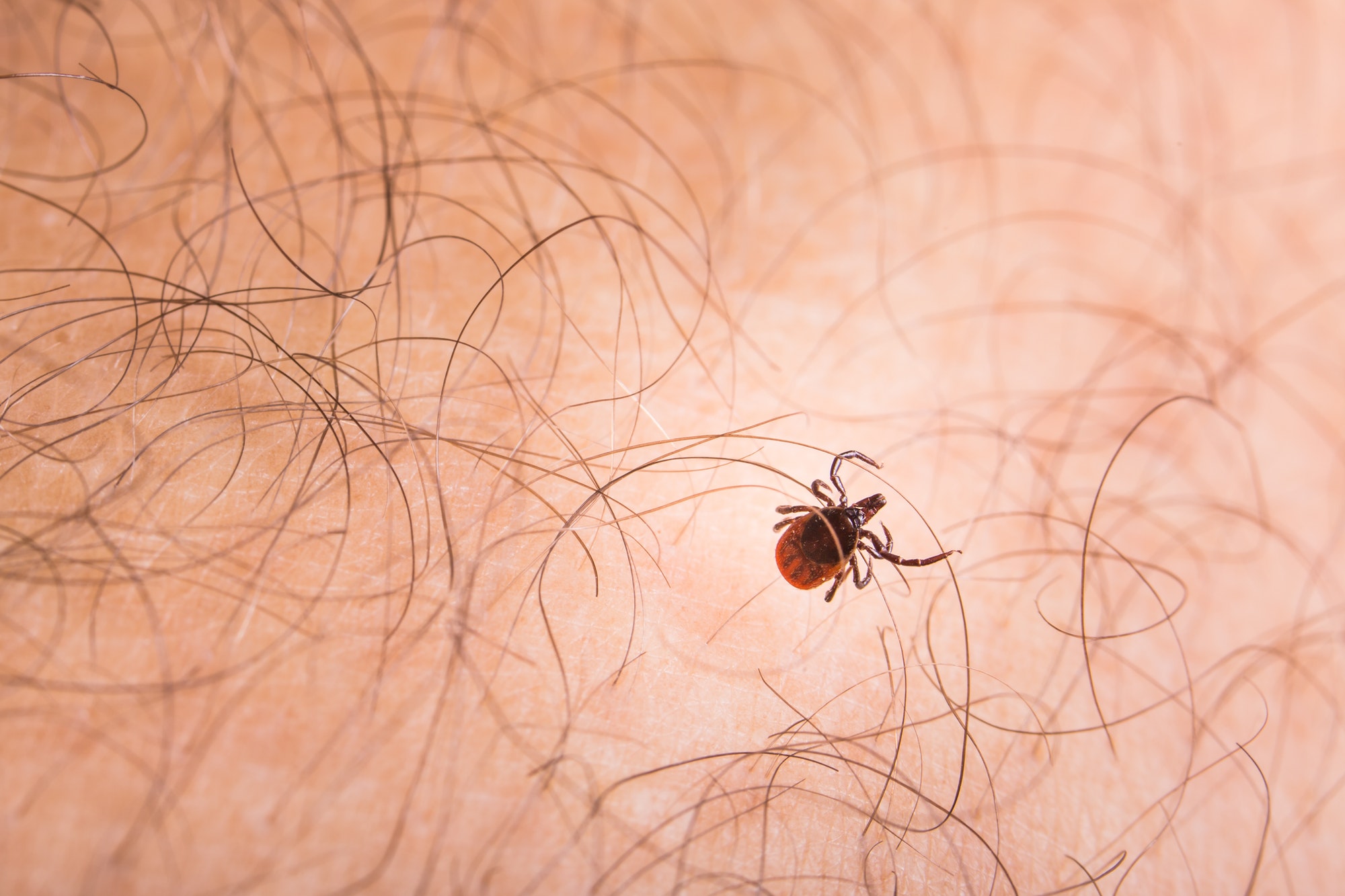Why Ticks Are So Dangerous To Humans And Pets?
As the world finally begins to open back up, people are going outside for the first time in months. Without a doubt, this is an amazing feeling for everyone all around the world. That being said, though it can still be seen as a moment to celebrate, the dangers that come with being outside have remained the same.
Continuing, one of the many sacrifices that people are willing to take in order to go outside their homes is the chance of them or their pets being latched onto by a sesame seed-sized parasite called a tick. These tiny creatures are year-round predators for anyone who goes outside and just so happened to be within reach.
Therefore, ticks can be a danger to humans and their pets because they are pests that carry illnesses that could lead a person and their pets to be hospitalized if the necessary actions are not taken immediately after it has latched on or the necessary precautions aren’t used to control these kinds of predators.
Continuing, for people, ticks can be dangerous because they could make individuals with pre-existing medical conditions very sick or perhaps become fatal. With this, one may begin to wonder how something so small can cause someone so much harm?

Explaining further, ticks are external parasites that survive by feeding on the blood of people and animals. Ticks are able to find their next victims by their sense of smell. However, they do not fly or jump like insects and mosquitoes; they just simply wait for a host to get within reach and they latch onto them.
Burrowing into the skin in order to draw blood, causing their head to be right underneath the skin and the rest of their body to be sticking out. Unfortunately, it does not end there as ticks can carry multiple infectious diseases.
One of the most common ones being Lyme disease, a tick-borne illness that can cause humans to have a rash, fever, headaches, and muscle pains. It is estimated that more than 400,000 people are infected with this disease per year in the United States alone. Studies reveal that 0.6% or 24,000 of infected people die a year from it. However, it is still considered very rare for an individual to catch such diseases and if they do, they’ll be put on antibiotics for 4 to 6 weeks with the expectation of a smooth recovery.

As for animals, the situation concerning ticks can be a lot more dangerous than humans because they aren’t able to take them off the moment they feel the discomfort that they cause. It is well known that, whether they are rolling around in the grass or relaxing under the sun, animals love being outside.
That being said, it also makes the typical household pets such as dogs and cats, more prone to getting latched onto by a tick. Just as with humans, pets can also catch Lyme disease from black-legged ticks. Unfortunately, it does not end there as female ticks can cause paralysis in dogs, caused by a toxin produced when it feeds on them. Symptoms of this can include change or loss of voice, lack of coordination in back legs, coughing, gagging, and changes in breathing pattern.
Although this can be frightening, most dogs will return to normal within 24 hours of the removal of the tick. As for cats, although they groom themselves, they, too, can be a victim of Lyme disease if they get latched onto by a tick. However, cats can develop another disease as well, known as Q fever. Symptoms of it can include high fever, depression, miscarriages, and sometimes seizures.
As one can tell, ticks are very dangerous for humans and pets for not only being undetectable but also carrying infectious diseases. And as the world begins to open up again this year, it is very important for people to make sure that they make use of pests control, tick formulas, and tick and flea collars to keep themselves and their adorable four-legged family members safe.
Author: Kevin Martini
University of Houston
References
- Control, Brody Brothers Pest. “Are Ticks Dangerous to You & Your Pets?: Our Guide to Ticks in Baltimore.” Brody Brothers Pest Control in Baltimore, 11 May 2020,
- www.brodybrotherspestcontrol.com/blog/are-ticks-dangerous








